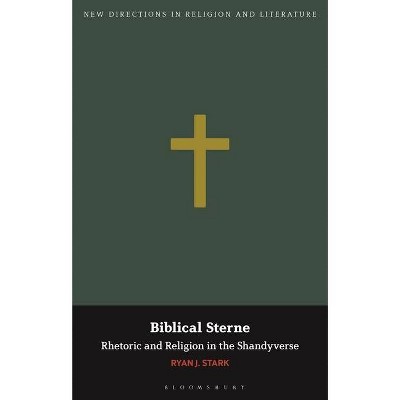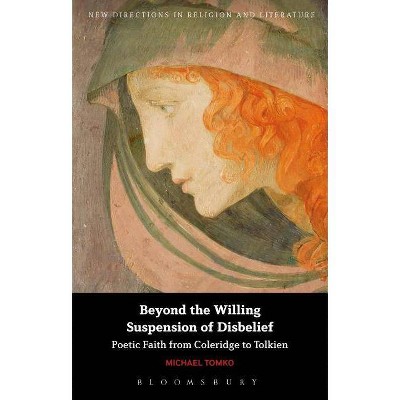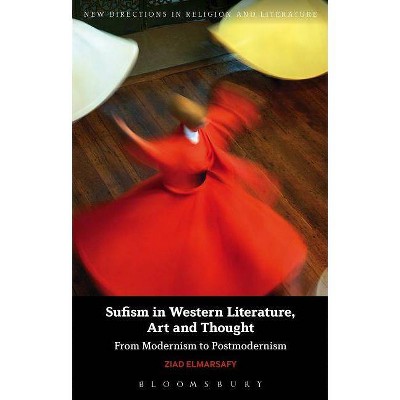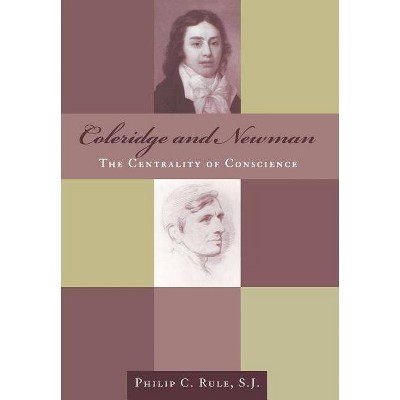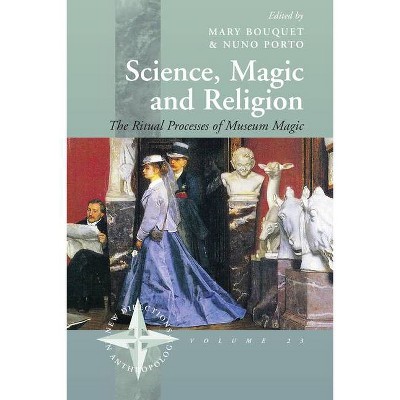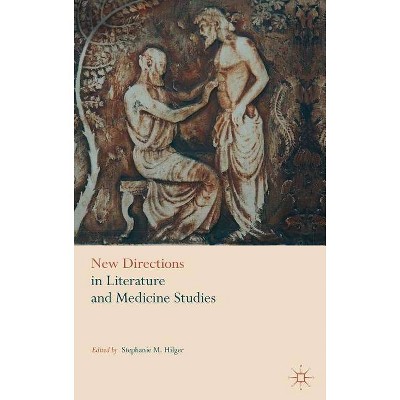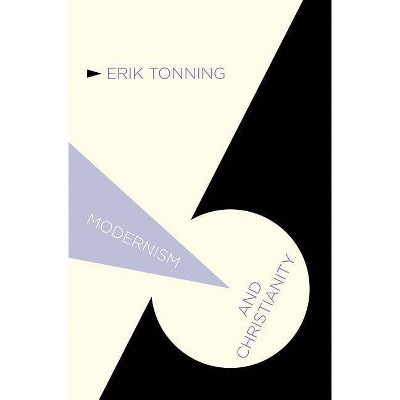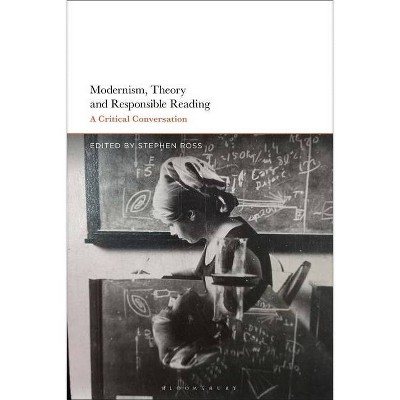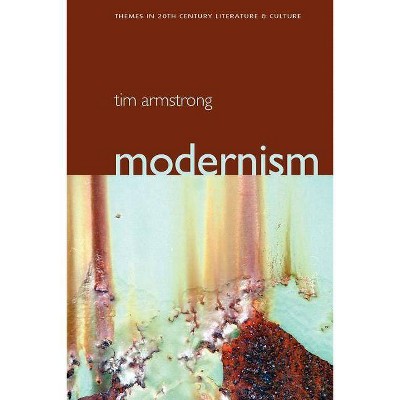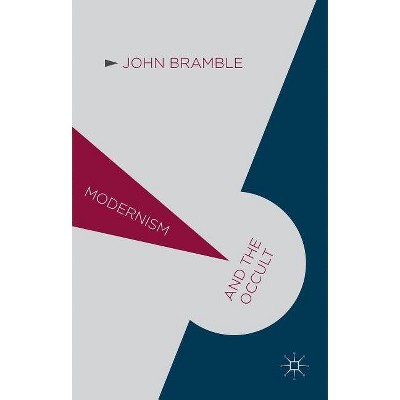Pentecostal Modernism - (New Directions in Religion and Literature) by Stephen Shapiro & Philip Barnard (Paperback)
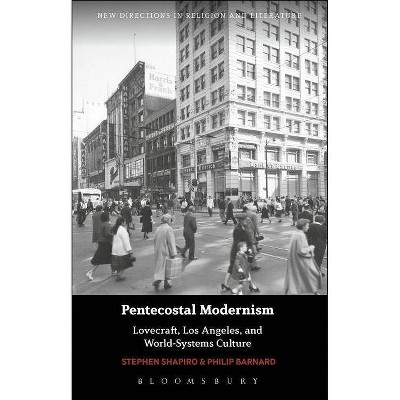
Similar Products
Products of same category from the store
AllProduct info
<p/><br></br><p><b> Book Synopsis </b></p></br></br>Bringing together new accounts of the pulp horror writings of H.P. Lovecraft and the rise of the popular early 20th-century religious movements of American Pentecostalism and Social Gospel, <i>Pentecostal Modernism</i> challenges traditional histories of modernism as a secular avant-garde movement based in capital cities such as London or Paris. Disrupting accounts that separate religion from progressive social movements and mass culture, Stephen Shapiro and Philip Barnard construct a new Modernism belonging to a history of regional cities, new urban areas powered by the hopes and frustrations of recently urbanized populations seeking a better life. In this way, <i>Pentecostal Modernism </i>shows how this process of urbanization generates new cultural practices including the invention of religious traditions and mass-cultural forms.<p/><br></br><p><b> Review Quotes </b></p></br></br><br>As a scholar of Pentecostalism, it was intriguing for me to observe how Shapiro and Bernard's efforts resituated familiar material in new domains.<br/>Christianity and Literature<br><br>The brevity of <i>Pentecostal Modernism</i> belies its density, but not its accessibility. In fact, it is an enjoyable read that is both insightful and well-researched.<br/>Pneuma<br><br>This book ... makes a carefully constructed, powerful intervention suggestive of much potential for future scholarship drawing on its principles of approach ... The ideas here will be useful to scholars working on other related fields linked to both Modernism and the Weird, from postmodernism to the New Weird and beyond. In particular, Shapiro and Barnard's construction of the experience-system of modernity seems useful in reevaluating the relative positions of less centric Modernists, or the concept of Intermodernism in the study and understanding of twentieth-century literature systemically, in the context of cultural fields, such as religion, from which it might otherwise be separated.<br/>American Literary History<br><p/><br></br><p><b> About the Author </b></p></br></br><p><b>Stephen Shapiro</b> is Professor of American Literature at the University of Warwick, UK. He is the author or editor of 11 books, including <i>How to Read Marx's Capital </i>(2008) and <i>The Wire: Race, Class, and Genre </i>(2012). <p/><b>Philip Barnard</b> is Professor of English at the University of Kansas, USA. He has published 11 books as author, editor or translator and is the Textual Editor for the Charles Brockden Brown Electronic Archive and Scholarly Editions.</p>
Price History
Price Archive shows prices from various stores, lets you see history and find the cheapest. There is no actual sale on the website. For all support, inquiry and suggestion messagescommunication@pricearchive.us
